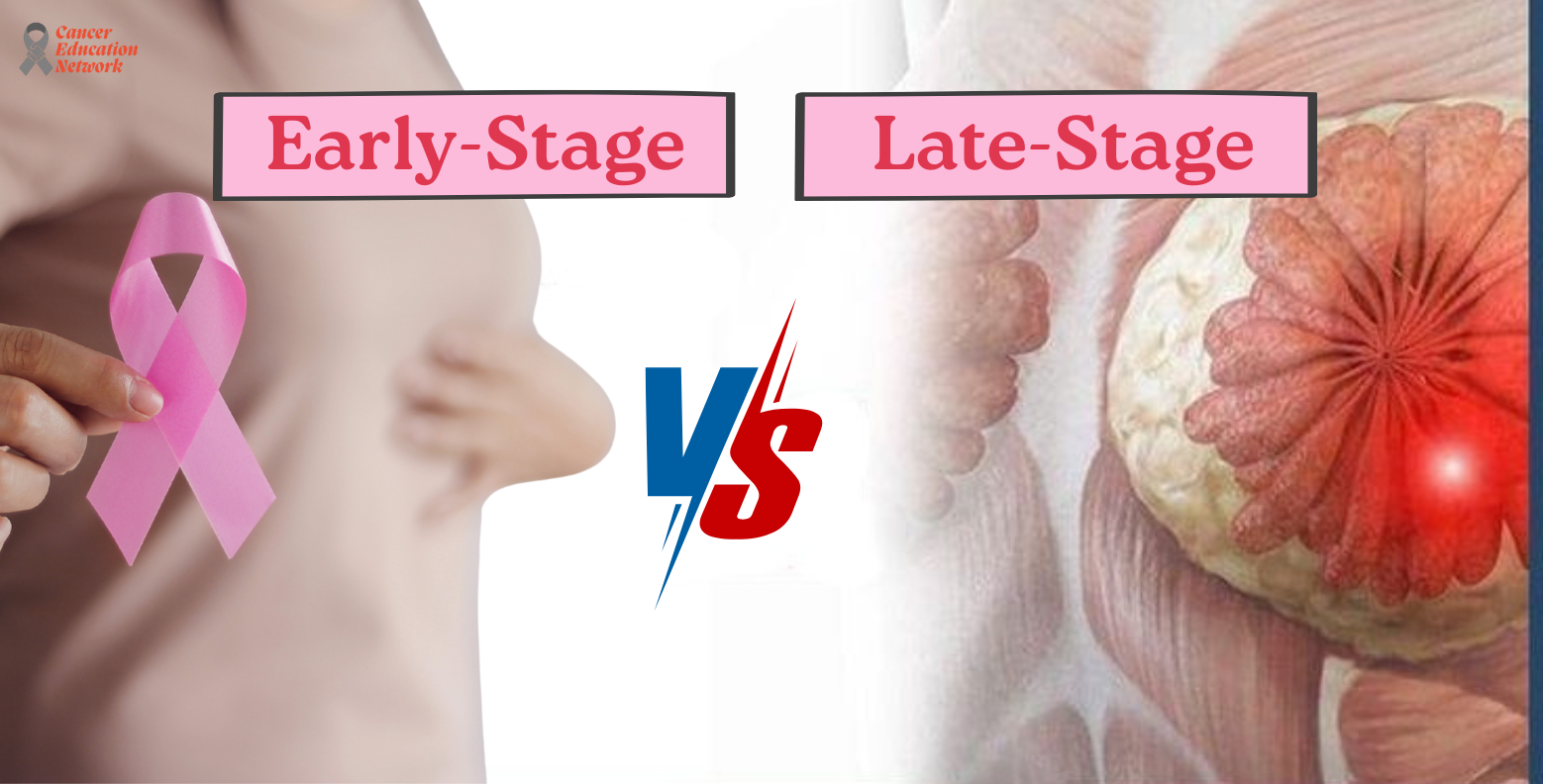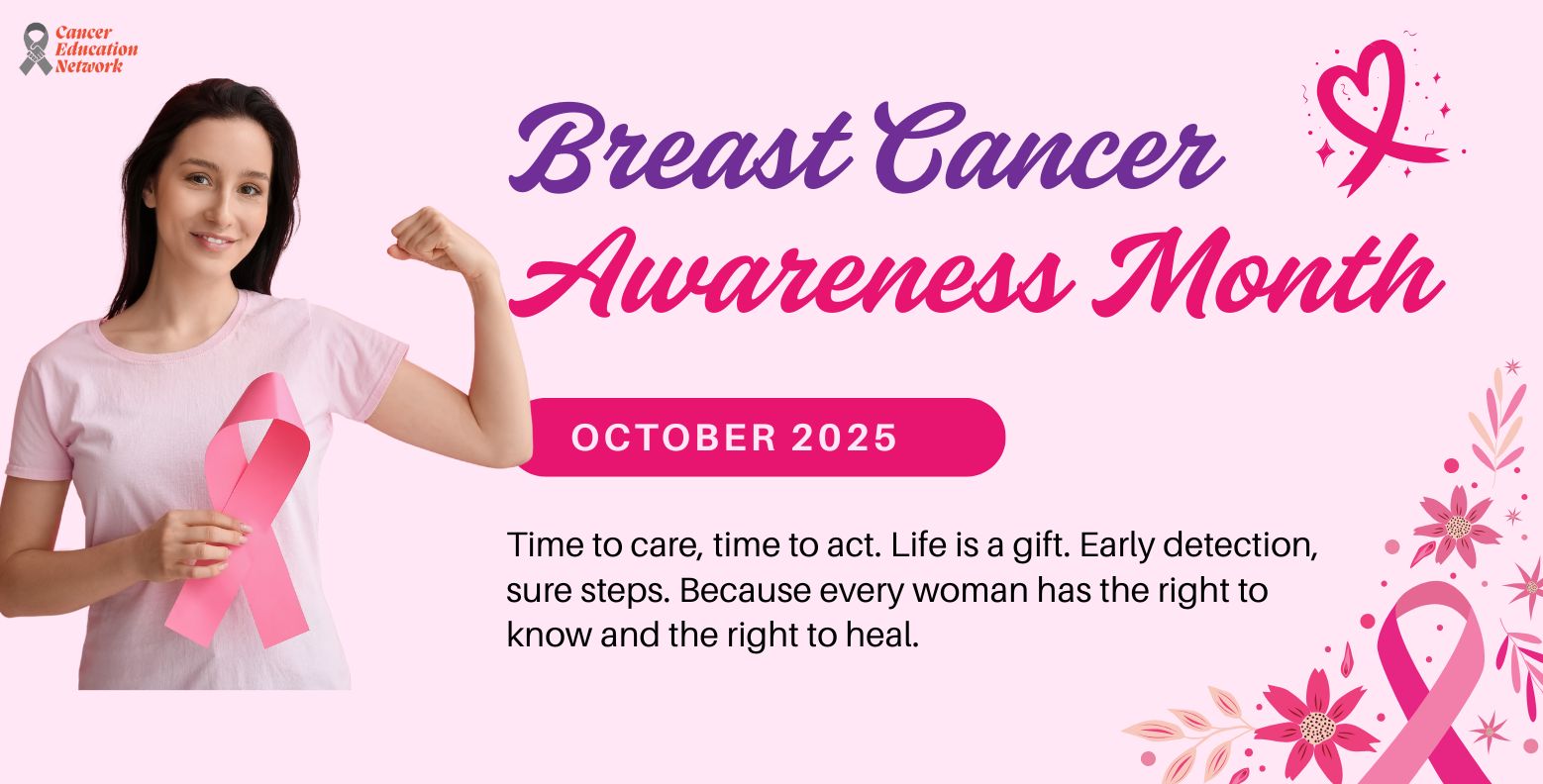Insights from an Ovarian Cancer Specialist in Lucknow
Why Ovarian Cancer Demands Immediate Attention
Ovarian cancer is often called the “silent killer”. Unlike breast or cervical cancers, it doesn’t present clear early signs. Symptoms are vague—bloating, fatigue, irregular periods—and are often mistaken for minor digestive or hormonal issues. By the time it’s diagnosed, the cancer has usually progressed to an advanced stage.
But here’s the good news: if detected early, ovarian cancer is highly treatable. Advancements in diagnostics, surgical expertise, chemotherapy, and targeted therapy have dramatically improved survival.
Understanding the Global and Indian Burden
Globally, more than 300,000 women are diagnosed with ovarian cancer every year. It ranks as the 8th most common cancer and is the 5th leading cause of cancer-related deaths among women.
In India, the numbers are equally alarming. Over 30,000 women are diagnosed annually, making it the second most common gynecologic cancer in Indian women after cervical cancer. Unfortunately, nearly 75% of patients are diagnosed in advanced stages (Stage III or IV), drastically lowering the chances of a cure.
📢 Ovarian cancer whispers before it roars. Listen to your body.
If you’re experiencing persistent abdominal discomfort or have a family history of cancer, it’s essential to consult an ovarian cancer specialist in Lucknow.
What Causes Ovarian Cancer?
Most ovarian cancers originate from the epithelium, or the surface cells of the ovary. While the exact cause is unknown, certain risk factors significantly raise the likelihood of developing the disease.
The risk increases after menopause, especially in women over the age of 50. Genetic mutations—particularly in the BRCA1 and BRCA2 genes—are strongly linked to ovarian and breast cancers. A family history of these cancers also raises red flags. Women who have never had children, have endometriosis, or have used hormone replacement therapy for long periods may be at higher risk as well.
It’s important to note that 10–15% of ovarian cancers are hereditary. In such cases, genetic counseling and BRCA testing can not only protect the individual but also their daughters and future generations.
📢 One test can protect generations.
If you or your family members have had breast or ovarian cancer, consult your specialist in Lucknow about genetic screening.
Symptoms You Should Never Ignore
What makes ovarian cancer dangerous is the subtlety of its early symptoms. Women may dismiss them as gas, acidity, or IBS. But if these symptoms persist for more than two weeks, they should not be ignored:
- Persistent bloating or abdominal fullness
- Pelvic or lower abdominal pain
- Feeling full quickly after eating
- Frequent or urgent urination
- Unexplained weight loss
- Irregular periods or bleeding after menopause
- Constipation or indigestion
📢 If it persists for 2 weeks, it’s not just gas.
Get evaluated by a qualified ovarian cancer specialist without delay.
How Is Ovarian Cancer Diagnosed?
Diagnosis begins with a pelvic examination and a transvaginal ultrasound to detect any abnormal masses. The CA-125 blood test is often used as a tumor marker; it’s elevated in more than 80% of ovarian cancers. However, it’s not specific and can be elevated in benign conditions too.
Advanced imaging such as CT scans, MRI, or PET-CT helps assess the extent of the disease. In patients with fluid in the abdomen (ascites), fluid analysis may aid in diagnosis.
Unlike many other cancers, biopsies are generally avoided before surgery in ovarian cancer. The tumor is usually removed surgically for both diagnosis and treatment, unless the disease is clearly inoperable or metastatic.
Types and Stages of Ovarian Cancer
Ovarian cancer is not a single disease. The most common type—comprising nearly 90%—is epithelial ovarian cancer, which includes subtypes like serous, mucinous, and endometrioid carcinoma. Other types include germ cell tumors (common in younger women) and sex cord-stromal tumors, which may secrete hormones.
Cancer staging is done based on FIGO classification:
- Stage I: Confined to one or both ovaries
- Stage II: Spread to uterus or fallopian tubes
- Stage III: Spread to abdominal lining or lymph nodes
- Stage IV: Distant spread to organs like liver or lungs
How Ovarian Cancer is Treated: A Stagewise Approach
Treatment is typically a combination of surgery and chemotherapy, sometimes supported by targeted therapy or maintenance medications.
For Early-Stage Disease (Stage I–II)
Surgical treatment involves total abdominal hysterectomy with bilateral salpingo-oophorectomy (TAH-BSO), along with lymph node dissection and removal of the omentum. If the tumor is high-grade or if there is any risk of spread, adjuvant chemotherapy with Carboplatin and Paclitaxel is given.
For Advanced-Stage Disease (Stage III–IV)
Here, two treatment paths are possible:
- Primary debulking surgery, where the goal is to remove all visible cancer. This is followed by 6 cycles of chemotherapy with Carboplatin and Paclitaxel.
- Neoadjuvant chemotherapy, where chemotherapy is given first to shrink the tumor, followed by interval debulking surgery. This is done when initial surgery is too risky or extensive disease is present.
📢 Surgery is just the beginning — maintenance keeps it away.
After chemotherapy, targeted therapies such as Bevacizumab (anti-angiogenic) and PARP inhibitors (Olaparib, Niraparib) are used in eligible patients to prevent recurrence, especially in those with BRCA mutations or HRD-positive tumors.
What is Targeted Therapy and Maintenance Treatment?
Targeted therapies have transformed ovarian cancer outcomes. Bevacizumab helps block blood supply to the tumor and is added to chemotherapy in advanced cases.
PARP inhibitors like Olaparib, Niraparib, and Rucaparib are oral drugs that selectively kill cancer cells in BRCA-mutated and HRD+ tumors. These are now the standard of care for maintenance therapy in advanced ovarian cancer.
Immunotherapy, while promising, is still under research and not yet a routine treatment for ovarian cancer.
Fertility-Sparing Options for Young Women
Younger women with early-stage disease may be eligible for fertility-preserving surgery, especially if the tumor is confined to one ovary and is low grade. This involves removing only one ovary while preserving the uterus and the other ovary.
Germ cell tumors, which are more common in young women, often respond well to chemotherapy and allow for fertility preservation.
Life After Treatment: Survivorship and Follow-Up
Even after successful treatment, ongoing care is essential. CA-125 levels are monitored every three months for the first two years, then every six months. Regular physical exams, imaging, and management of long-term side effects like neuropathy, surgical menopause, and emotional distress are part of survivorship care.
Supportive services such as nutritional counseling, physiotherapy, and psychological support can greatly improve quality of life.
📢 Ovarian cancer may be behind you — but recovery is a journey.
Can Ovarian Cancer Be Prevented?
While not entirely preventable, several steps can reduce your risk:
- Oral contraceptives have been shown to cut the risk by nearly half
- Risk-reducing surgery (removal of ovaries and fallopian tubes) is recommended for BRCA+ women after childbearing
- Regular gynecological exams and ultrasounds can detect early changes in high-risk women
- Genetic counseling and testing for women with a family history of breast or ovarian cancer are critical
Final Note: Silent But Not Unstoppable
Ovarian cancer may be a whispering disease, but you don’t have to be silent. With today’s medical advancements—from genetic screening to precision surgery and targeted therapy—the outcome can be changed.
👉 Don’t ignore unexplained bloating or abdominal discomfort
👉 Don’t delay investigations for ovarian cysts or masses
👉 Don’t fear the diagnosis — act on it
📢 Cure starts with courage.
Talk to an experienced ovarian cancer specialist in Lucknow today.
Book Your Consultation Now
If you or a loved one has a suspected ovarian mass, persistent abdominal symptoms, or a known BRCA mutation, it’s time to act. Early evaluation can save lives.
🩺 Consult the best ovarian cancer specialist in Lucknow for expert diagnosis, surgery, and modern treatment.
Click Here to Book Appointment












